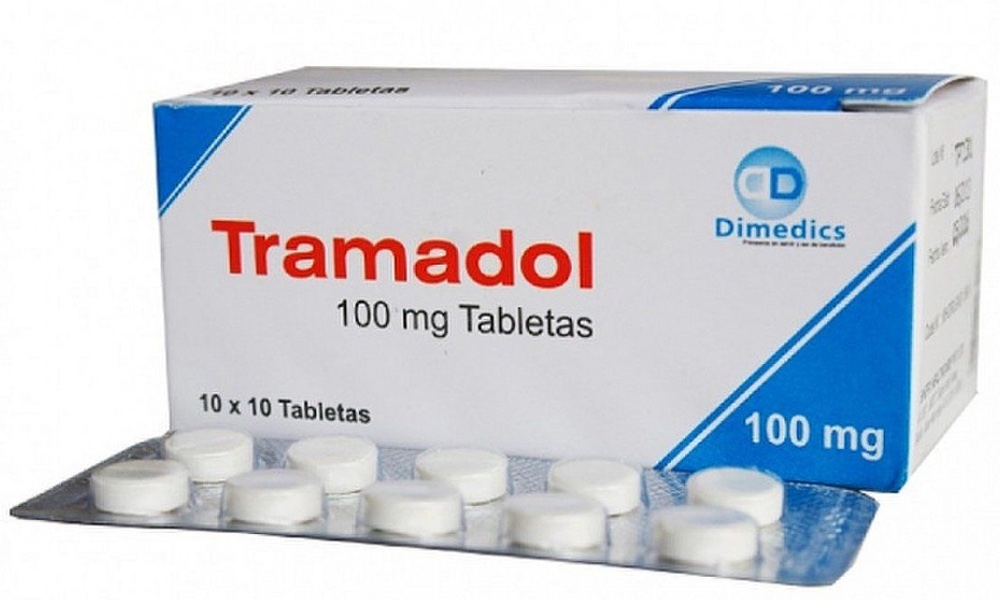According to a study published in the March 2000 issue of the medical journal Atherosclerosis, while overall cholesterol level and the ratio between "good" cholesterol (HDL) and "bad" cholesterol (LDL) say a lot about a person's diet, they are not reliable indicators of actual cardiac health.
Current guidelines define high heart-disease risk as an LDL to HDL ratio of more than a 3-1, and a total cholesterol level of 200 or greater. When the University of Illinois study looked at 506 men who had heart bypass surgery at an Urbana hospital, however, the surprise was that only 14 percent of the men turned out to have cholesterol levels above 240. 50 percent had levels in the supposed low-risk zone, below 200.
A second part of the study found a strong association between angina, or chest pains, and high blood levels of oxysterols (chemicals that are produced by the liver as it breaks down cholesterol), something that patients are not normally tested for today.'You cannot depend on your cholesterol level [alone] to indicate heart disease. You cannot depend on your HDL-LDL ratio.'
What does this mean for a person who is trying to take good care of his heart?
"If you have a chest pain," says Fred A. Kummerow, Professor Emeritus of food chemistry at the University of Illinois, "you better have it checked out thoroughly [by a cardiologist], and don't be satisfied with even a treadmill run or an EKG. You cannot depend on your cholesterol level [alone] to indicate heart disease. You cannot depend on your HDL-LDL ratio."
Asked for comment, TheDoctor's Richard W. Smalling, (MD, PhD, Cyberounds Cardiovascular Editor, and President of the Texas Affiliate of the American Heart Association), found some of the results of the study less than shocking. "It is a well-known fact," he explained, "that 50% of patients having an initial heart attack have a total cholesterol of less than 200 mg/dl. The finding that 50% of patients needing bypass surgery have a similar incidence of 'normal' total cholesterol fits with prior work in this area."
"However, the vast majority of such patients," he said, "have very low levels of HDL ["good" cholesterol]; this underscores the importance of evaluating the entire lipid profile when assessing risk for cardiovascular disease.
Dr. Smalling pointed out that the real issue here may be one of fine-tuning the cholesterol guidelines; the American Heart Association is now considering lowering the guideline for normal total cholesterol levels from 200 to 170, where, he added, "the true breakpoint for increased incidence of coronary disease occurs."
The second part of the University of Illinois study examined the blood plasma of 105 patients who had angina. All had high levels of four different oxysterols. These results raise the possibility that a blood test for oxysterols may catch health problems that the conventional cholesterol test might miss. Dr. Smalling found these results to be much more significant. "It will be interesting," he said, "to see if routine assessment of oxysterols will prove to be a valuable additional measure when screening patients for their risk of cardiovascular disease."
Reviewed by: Richard W. Smalling, M.D., Ph.D.




